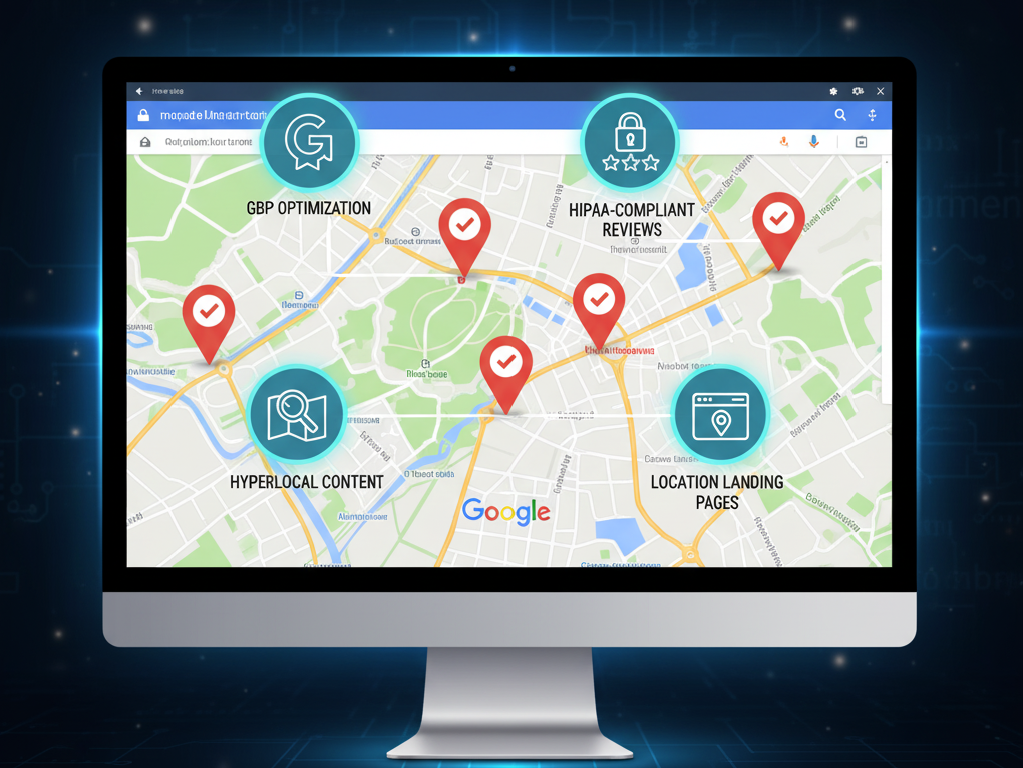
Starting January 19th, 2022, advertisers on Facebook are no longer be able to create new ad sets utilizing certain Detailed Targeting options, including:
- Health causes (e.g., “cancer awareness”, “obesity pandemic”, etc.)
- Sexual orientation (e.g., “LGBTQIA+”, “trans rights”, etc.)
- Race and ethnicity
- Religious groups (e.g., “Islam”, “Catholic Church”, “Hannukah”, etc.)
- Political beliefs (e.g., political movements, political candidates, political parties, etc.)
- Social or political issues (e.g., “Black Lives Matter”, climate change, etc.)
If any of your ads are currently running utilizing these targeting points, they will continue to run until March 17th, 2022, at which point the targeting segments will b e automatically removed. Any significant changes made to ad sets between now and March 17th may lead to a removal of these targeted segments, so it’s recommended to keep any changes to the minimum (i.e., budget changes and the like, at most).
These changes come as a result of pressure being levied at Facebook’s parent company Meta, following the release of the Facebook Papers and multiple controversies surrounding use of sensitive data and discriminatory practices in targeted online advertisements.
Why Remove Detailed Ad-Targeting?
Facebook, like a lot of other tech giants, draws its revenue primarily from advertising and has been leading in its ability to provide advertisers with the tools to pinpoint who sees their ads, and when. It makes sense that a company making most of its money from advertising would aim to provide a targeted service for online marketers.
But that specificity came at a cost. Privacy concerns surrounding Facebook (and more recently, Meta), have become more frequent in the past few years, especially as numerous scandals surrounding the company’s use of data came to light, from Cambridge Analytical to the more recent Facebook Papers.
Under pressure from lawmakers and mounting discrimination lawsuits, Meta has ended the use of certain detailed targeting points. Meta For Business specifically notes the potential for abuse and negative experiences of underrepresented groups as a result of the removed targeting segments, as per their findings. As an announcement blog post points out, “we’ve heard concerns from experts that targeting options like these could be used in ways that lead to negative experiences for people in underrepresented groups.
“We routinely review, update and remove targeting options to simplify our ads system, provide more value for advertisers and people, and reduce the potential for abuse.”
This decision does not come at a cost to Meta’s commitment to targeted advertising, and being an advertising service. In the same post, the company outlines ways advertisers can continue to meet their goals while delivering ads on Facebook, including the use of broad targeting and other strategies.
Broad targeting will continue to be an important tool for advertisers on the Facebook platform, allowing them to make sure their ads are seen by segments of the population sorted by age, gender, and location. Meanwhile, Meta suggests:
- Using Engagement Custom Audiences to retarget people who have previously interacted with your content and products on the platform, and the rest of the Facebook family of applications and websites. Engagement Custom Audiences can be generated through video clicks, lead forms, Facebook or Instagram Shopping, Instagram Profiles, Facebook Events, or an interaction on a Facebook Page.
- Utilizing data gathered through Engagement Custom Audiences to generate Lookalike Audiences, by which Facebook takes the factors that are common between the people in your Engagement Custom Audiences (as a Source Audience, with ideally 1000 to 5000 minimum people) and uses that to find more potential customers to reach out to.
- Utilizing Location Targeting for services that rely on local business.
- Utilizing homegrown customer lists from user data your company gathers with the user’s permission.
Other Ad-Targeting Changes
In addition to removing certain targeting capabilities, Meta has also announced that they will continue to expand user control over what kind of ads users will be able to see. This means users will be able to opt out of certain kinds of advertising, or choose to see fewer ads of a certain type.
For example, at the moment, users can decide to opt in or out of ads that focus around:
- Parenting
- Politics
- Alcohol
- Pets
In 2022, Meta aims to expand these controls and let users opt out of advertising about gambling, weight loss, and other unmentioned ad types.
What This Means for Advertisers
At a glance, the first and most significant impact will be that advertisers are given less control about who they target with their ads. This matters because advertisers paying for ad views will want as many of those views to be from users who have the most potential interest in the respective service or product the ad offers. It isn’t about sheer eyeballs – it’s about the quality of your ad targeting, and how many leads each campaign generates.
Less targeting means fewer leads, as it may take time and a few stumbles to generate a custom audience reliable enough to have a customer profile worth advertising to.
Facebook and Instagram will be the first to implement Meta’s changes, but the shift in interest towards more user control, more user privacy, and fewer targeted ads is prevalent throughout the tech sector. Google has announced the removal of third-party cookies in 2023, and Apple has made several pledges to user privacy, to the point of giving users greater control over what permissions their apps have.
These may not be the last of the targeting points Meta decides to remove over time. The company has explained that they will continue to analyze the potential for abuse in their advertising system, which may mean advertisers will need to take a closer look at what detailed targeting interests most closely relate to their target audiences, and how else they might be able to target them.
Overall, creating a targeted ad campaign on Meta products has just become a lot harder. Companies may need to begin experimenting with targeting options and retooling their ad campaigns after March to lessen the long-term impact this may have on conversion rates.
It’s important to work with a competent team when setting up your ad campaigns, especially amid major changes in the advertising industry. Give us a call, and we’ll help you work through the necessary changes.
Contact us today to get the conversation started!









